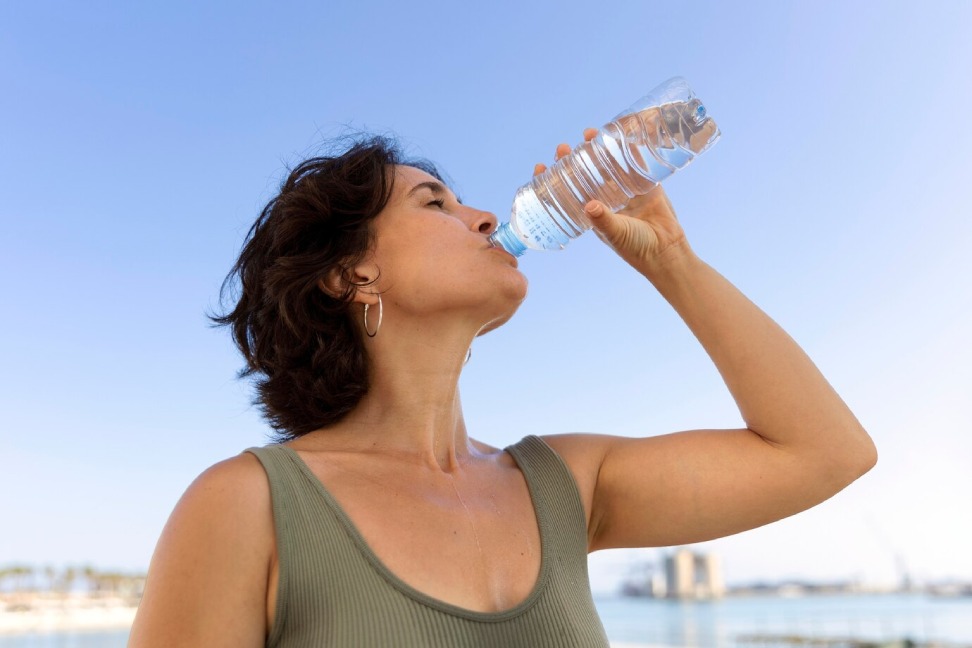Hydration refers to the process of supplying adequate water or fluids to the body to maintain optimal physiological function. Water is a fundamental component of the human body, constituting about 60% of an adult’s weight and playing a crucial role in various bodily functions.
Maintaining proper hydration is essential for overall health as water is involved in numerous vital processes. It regulates body temperature, aids in digestion, transports nutrients and oxygen to cells, cushions joints, and supports organ function. Adequate hydration also helps in the elimination of waste products through urine and sweat.
When the body loses more fluids than it takes in, dehydration occurs. This can happen due to excessive sweating during physical activity, illness, hot weather, or inadequate fluid intake. Dehydration can lead to symptoms like thirst, dry mouth, headaches, dizziness, fatigue, and in severe cases, it can even be life-threatening.
To prevent dehydration, it’s important to drink water regularly throughout the day, especially when engaging in strenuous activities or during hot weather. The amount of water needed varies among individuals based on factors such as age, weight, activity level, and climate. Hydration can also be maintained through the consumption of hydrating foods like fruits and vegetables, as they contain water along with essential nutrients.
Read Also:

